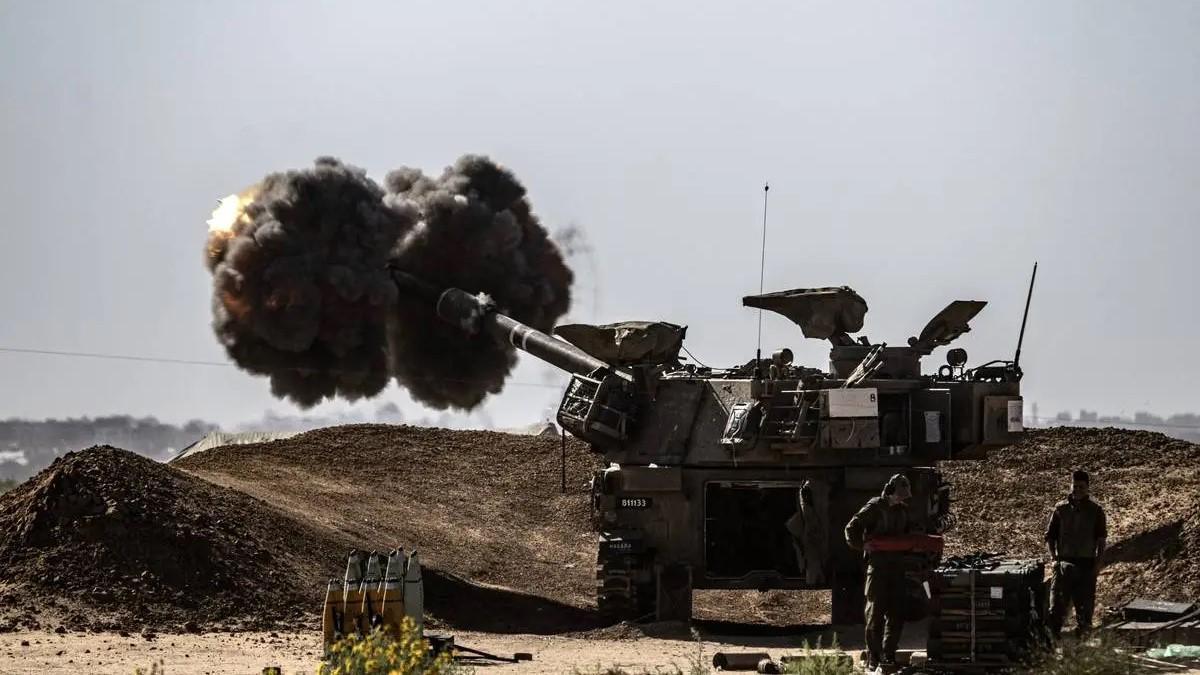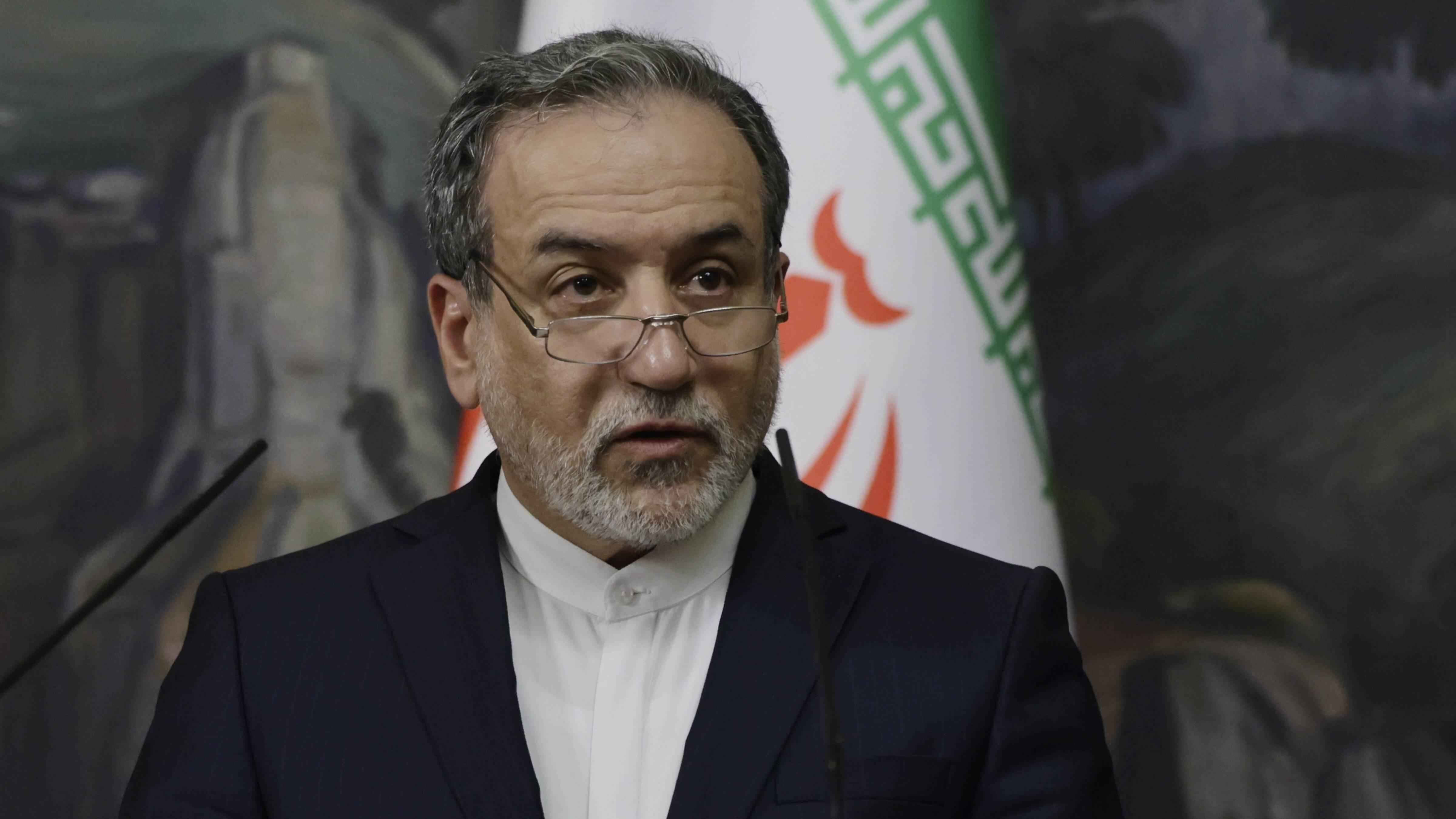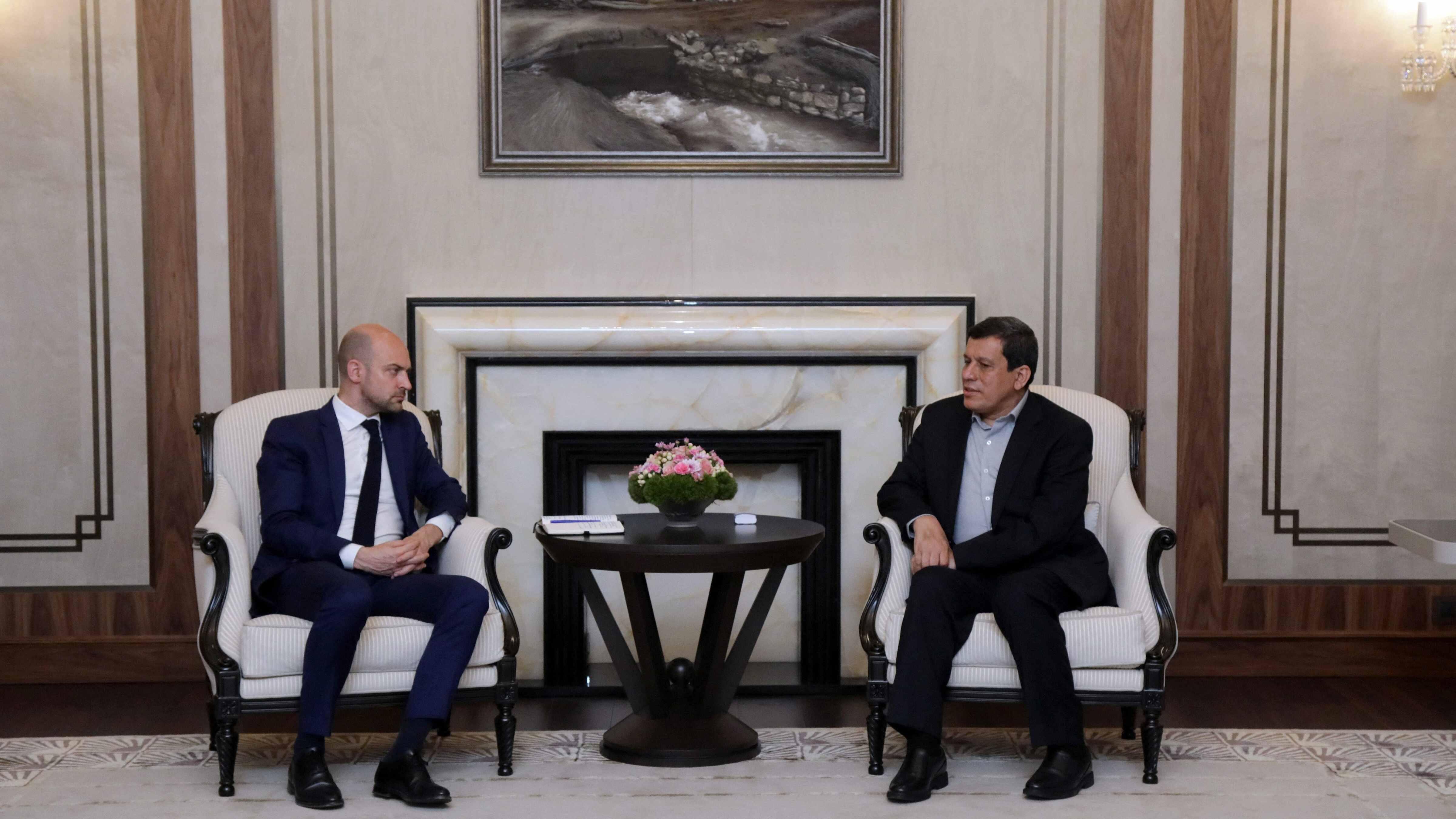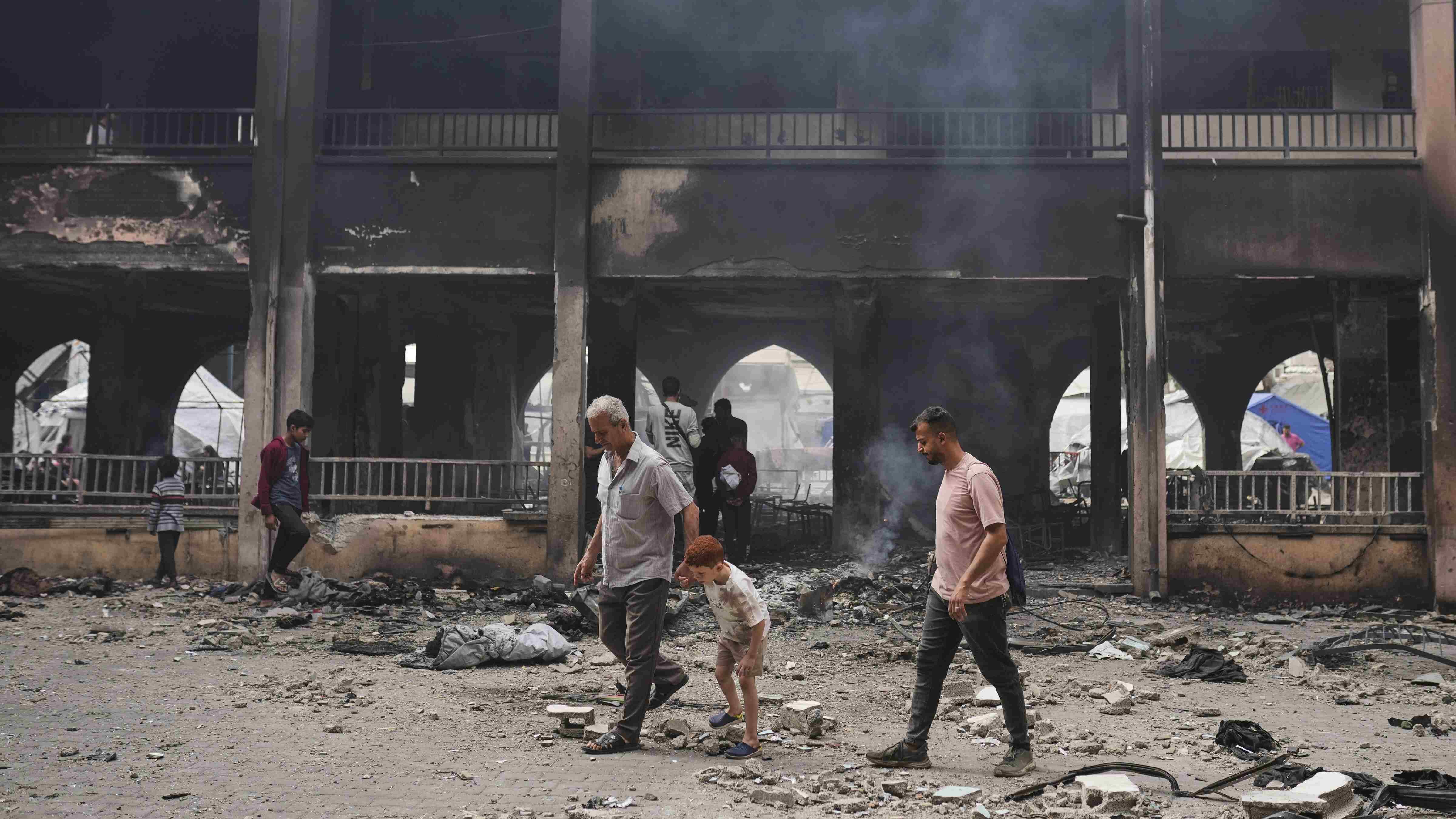Turkish government facing crack, opposition leaders say
ANKARA
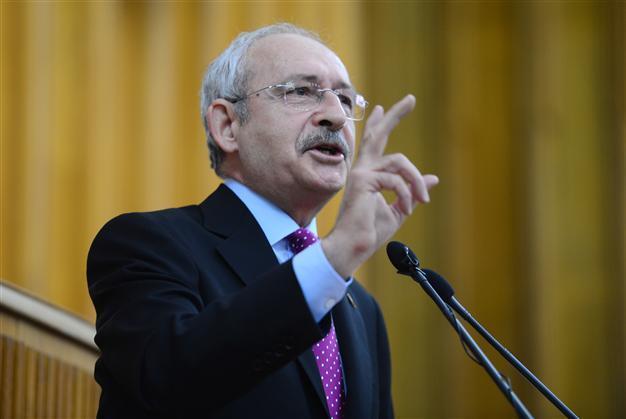
AA Photo
The government is facing a major internal division, as demonstrated by the recent row between Deputy Prime Minister Bülent Arınç and Ankara Mayor Melih Gökçek, with main opposition Republican People’s Party (CHP) leader Kemal Kılıçdaroğlu predicting that there is “more to come.”“They have started blaming each other. This is what we will see more of in the upcoming period,” Kılıçdaroğlu said, during his weekly address to his party deputies at parliament on March 24.
He said that Prime Minister Ahmet Davutoğlu was “remaining deaf” to what is going on.
Commenting on Arınç’s accusations of corruption against Gökçek, CHP leader Kılıçdaroğlu slammed Arınç as “unethical” for saying he would elaborate on the issue after the general elections scheduled for June 7, in order to avoid harming the ruling Justice and Development Party (AKP).
“Here is my question: Why are you waiting until June 8 if you are an ethical, righteous, honest and honorable person?” he said.
Kılıçdaroğlu also questioned why Arınç, who is also the government speaker, remained silent until now despite knowing about Gökçek’s wrongdoings.
Meanwhile, Peoples’ Democratic Party (HDP) Co-Chair Selahattin Demirtaş agreed that President Recep Tayyip Erdoğan and the government are currently experiencing a deep rift, mainly over the Kurdish peace process, in which the HDP plays a central role.
“It is now seen that the government thinks the peace process is only about disarmament. There is a deep rift between the president and the government,” Demirtaş said during a televised interview on the Med Nuçe TV station.
He added that the government had agreed on the formation of a monitoring committee for the talks with Abdullah Öcalan, the jailed leader of the outlawed Kurdistan Workers’ Party (PKK), but Erdoğan said he is against such a group as well as Öcalan’s 10-article declaration made public on March 21 by the government and HDP deputies.
“If the government builds a monitoring group, negotiations will continue,” Demirtaş said.
“We will make efforts not to let the situation lead to a ‘resolution crisis.’ But the problem within the AKP is a crisis for the government,” he added.
The HDP co-chair’s remarks came after Erdoğan said the government should not take further steps in the peace process unless the PKK lays down its arms and takes concrete steps to foster peace.
“Peace is not possible under the shadow of arms ... We cannot move forward in an environment in
which promises are violated repeatedly unless we see concrete steps,” Erdoğan said on March 23.
On March 20, he had objected to the formation of an “independent” committee to monitor the peace process, which was previously agreed upon by the government and the HDP.
In response to Erdoğan, who said it was wrong for the government and party members to take a picture together with members of the HDP, Deputy Prime Minister Arınç said on March 22 that the government “loves the president” but has its own “responsibilities.”


